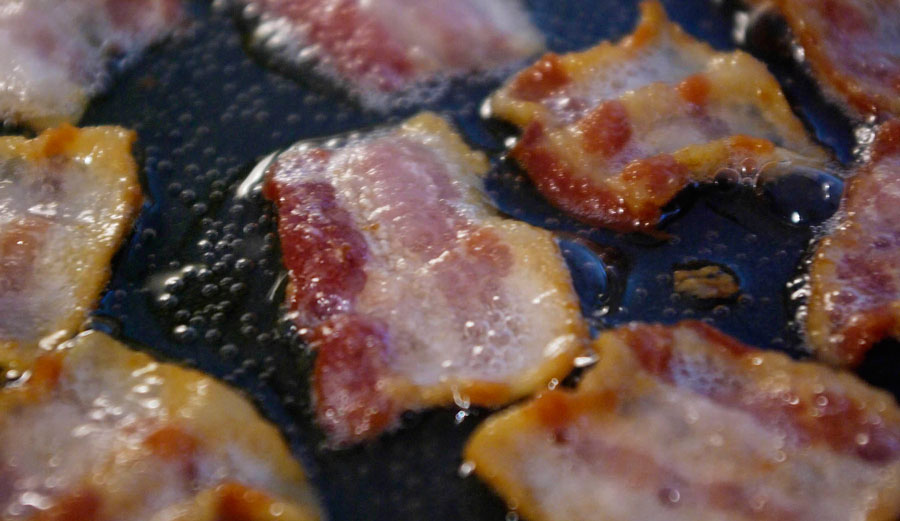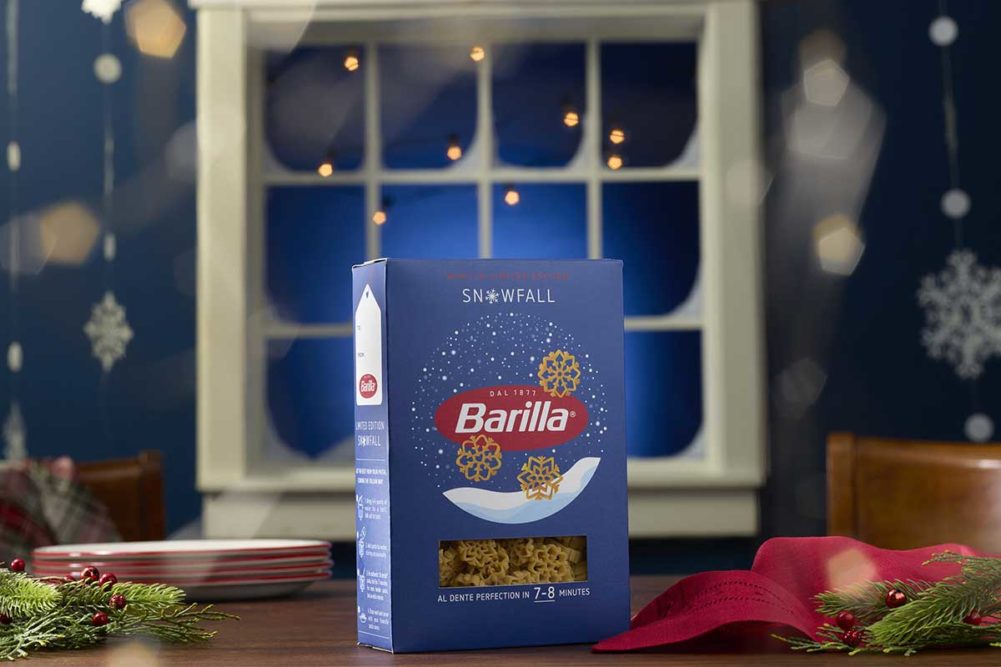5 Ways To Properly Throw Out Cooking Oil After Frying

Working at Foodbeast all these years, we’ve dealt with our fair share of frying. A common problem we’ve run into when working with oil or fat in the kitchen is how to properly dispose of the liquid after you’re done making a Southern-fried mess.
We’re pretty sure anything more than a quart of oil is illegal to just dump in the trash. Don’t even think about pouring it down the sink, either.
With those disastrous shortcuts nixed, here are a few different methods to disposing of used cooking oils and fats.
Paper Towel
If you’re simply frying a couple of eggs, you’re probably not using that much oil to begin with. Just set your pan aside to let it cool and wipe it down with a paper towel once the oil isn’t searing hot.
Then, simply check that piece of paper into the trash.
Re-use

If you’re cooking with animal fat, you won’t want that precious resource to go to waste. Pour the excess grease (filtering out the food bits) into a glass or plastic container once it cools down a bit, then store it in the refrigerator for future use.
Animal fats add tons of flavor to whatever you’re cooking.
Sealed Plastic Bag
If you have about 3/4 cups or less of leftover cooking oil you don’t plan on reusing, let your cookware cool and dump it into a sealed plastic container (or sandwich bag) and throw it out in the trash.
Just make sure that container is airtight.
Gelatin
Serious Eats tested a pretty cool oil hack that incorporates the use of gelatin. Once you’re done with your oil, set it aside to let it cool. While you wait, heat up some water and mixed in some powdered gelatin. Combine your gelatin mixture with your oil and set it in the fridge overnight. The gelatin will sink to the bottom and take all the gross food remains with it, leaving the purified oil floating perfectly at the top.
There will be some water droplets that remain in the oil, but that’s alright as it will cook off once the pan is heating up. You could probably re-use this process once or twice before thinking about starting with some new oil.
You can then just wrap that piece of food-packed gelatin up and toss it in the trash.
Oil Drums
Mostly for restaurants, but if you’re cooking with a massive amount of oil on a daily basis you might want to invest in an oil drum or trap. Just simply pour whatever oil you don’t want to re-use into the vat and properly dispose of it at a waste center every time it’s full.
Though if you’re frying up that much stuff at home, you might want to get your cholesterol checked. Just saying.






















